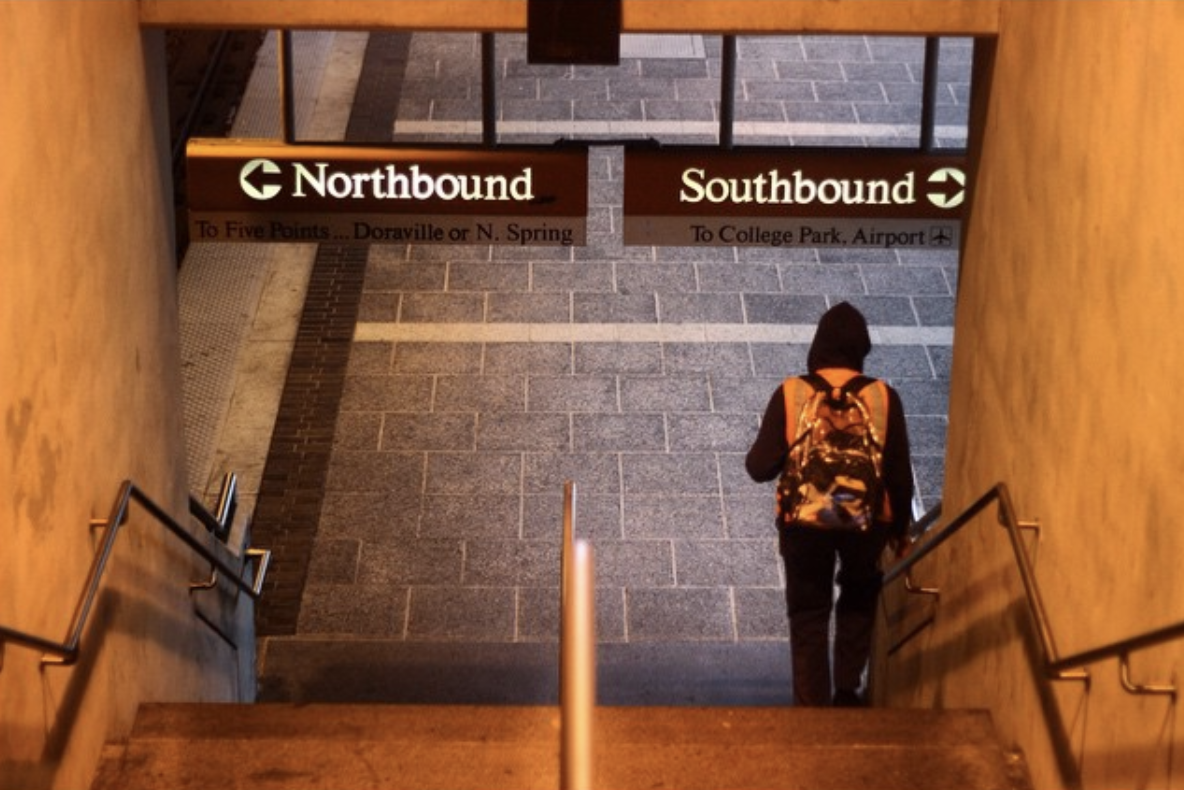by KYLE BROOKS

In the traditions of my upbringing, elders would often speak of young people who had been here before. It was a colloquial way of naming the force of wisdom, knowledge, and acuity that belied their brief years.
In Flight, the first solo offering by Blue Note recording artist James Francies, I find the sonic signifiers of one who has been here before. Francies’ biography situates him within the cadre of talented musicians emerging from sites such as the High School for the Performing and Visual Arts in Houston, TX, and the New School in New York City. As a pianist and composer, he has established his presence in the contemporary jazz scene.
It seems limiting, though, to categorize his work simply in those terms. Musical genres often function as ways of organizing and disciplining knowledge around form, style, or subject. These are not inherent features; they are products of aesthetic sedimentation over time. They reflect ideological decisions that are reinforced and enforced by particular authorities. This calls to mind the influence of figures like Wynton Marsalis and Stanley Crouch, staunch adherents to a neoclassical jazz ethos, whether through their various writings and commentaries or via institutional programs such as Jazz at Lincoln Center.
In any event, Francies’ musical offering ventures outside of strict lines. Make no mistake: his compositions do not want for swing, syncopation, blues, or melody. Rather, he engages the jazz idiom less as a conforming straight edge and more as fulcrum against which to stretch sonic conventions. The result is a daring and inventive project, eminently listenable and skillfully crafted.
The opening track, “Leaps,” lives up to its name, as Francies and guitarist Mike Moreno display robust dexterity while synchronically playing the melody over the first minute and a half of the song, creating a beautifully layered acoustic-electric tone before they venture into their own solos. They capture a similar energy on “Sway,” with the rhythm section pushing and pulling against dancing solo lines in a way reminiscent of Robert Glasper’s composition “Mood” from his debut album of the same name. A strength of this album is that it achieves such a measure of subtle sonic callback without ever feeling repetitive. This is especially evident in Francies’ inspired re-imagination of Chaka Khan and Rufus’ classic tune “Ain’t Nobody,” as the band plays with time signature, chord progressions, and synths around Kate Kelsey-Sugg’s energetic vocals and Joel Ross’ sharp, staccato vibraphone.

It is fitting that Francies himself speaks of his album in terms of the search for a unique sonic identity. Such a pursuit is always a collaborative one. At the production helm, bassist and composer Derrick Hodge makes his presence known. I cannot hear this album and not think of Hodge’s own musical pedigree, as a Philadelphia-born artist steeped in not only orchestral and jazz traditions, but gospel, r&b, neo-soul, and hip-hop.
Listen to Derrick Hodge’s self-produced solo debut, Live Today, and you’ll understand something of his attention to atmosphere. It’s the space created for and by the music, space for breathing. In my blackpentecostal upbringing, the idea of setting the atmosphere implied both verbal invocation and musical intervention with the express intent of facilitating a deeper spiritual encounter. Indeed, such worship experiences were held together through spirit in its manifold understandings – breath, wind, air – in service of social and material encounter.
I locate a prime example of this sensibility in Francies’ composition “Dark Purple.” A dear friend of mine says this song reminds him of the nothing music of our shared blackpentecostal roots. Nothing music refers to the interstitial music played through and around the talking that links elements of a worship service. It could be no tune in particular, or a variation on a familiar musical theme. Francies captures this sonic attitude, a meandering that is not wandering, but is a gentle, forceful swell. The first two minutes of the song allow the instruments to breathe in long, lingering notes: lush snare and cymbal rolls, resonant bass lines, the reverberation of the guitar. And Francies’ keyboards sit at the center of it all, offering melodic and chordal grounding. There is no discernible time signature in this first half, just the free conversation of instrumentalists who are seemingly deciding on their utterances in the moment. This is not to suggest they are in any way unpracticed or unprepared. On the contrary, they demonstrate a learned facility with establishing an atmosphere from which the second half of the song seems to suddenly emerge, assembled from the sonic materials they have carefully gathered.
Francies’ music prompts me to think not in terms of category, but location. In that sense, when listening to his album, I locate him within a tradition of artists who have been about the work of de-disciplining. What I mean is that he, like others before him, composes and plays in a way that exposes the ongoing fiction that marks categorical distinctions. Like many artists I could name–I think of the late Roy Hargrove’s RH Factor, or Robert Glasper’s Double-Booked and subsequent Black Radio album, or MeShell Ndegeocello’s Ventriloquism project–the work is not an exercise in disciplinary homage. It is not participation in the dreadfully false dichotomy of high or low culture performances. It is not even the salvific reclamation of flagging genres. It is, instead, deep study and careful recitation. It is a reminder that the path forward, musically or otherwise, is made by walking, not retreading.
One could say Francies’ project is both an introduction and a return. In the creation of his own sonic identity, he bears the marks of hybridity. That is, we can identify how his musical bricolage gleans from a wide field of materials. The coherence of his work reflects a wise intentionality, the proof of having been here before. Francies has not come unprepared. On the contrary, he skillfully extends the musical conversation through a vocabulary that is all at once familiar and fantastic.
